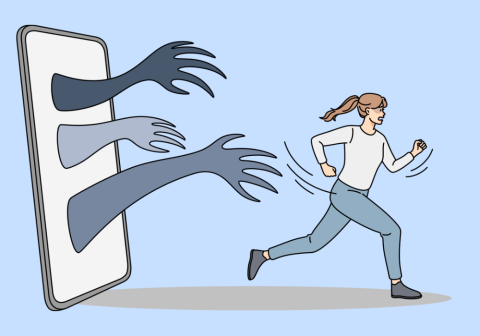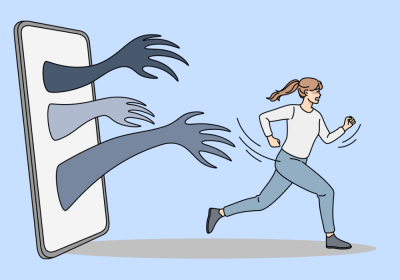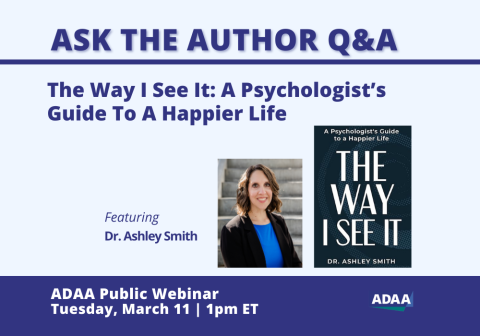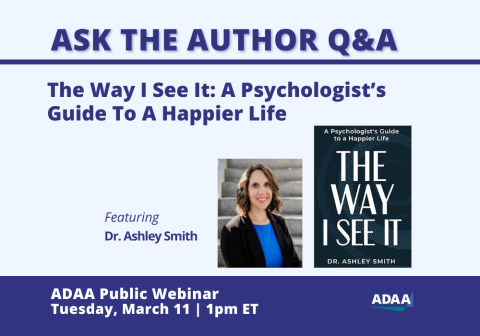Talking to Your Child About Suicide
Talking to Your Child About Suicide
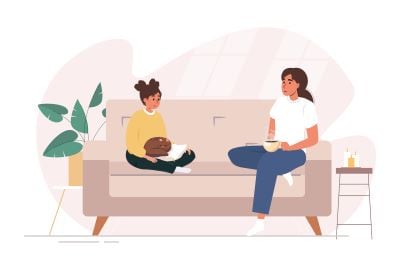
Suicide rates in teens have been steadily on the rise over the past two decades, and data from the 2021 CDC Youth Risk Behavior Survey found that approximately 22% of teens reported suicidal thoughts and 10% of teens reported doing something to try to end their life in the past 12 months. Given that many teens are experiencing suicidal thoughts, it is important for parents and caregivers to know how to talk to their child about their mental health.
Ask Your Child Directly
Parents often worry about saying the right thing or think that asking their child directly about suicide will make them start to have those thoughts. The good news is that asking your child if they are having thoughts of suicide or self-harm is not going to put those ideas in their minds – but it does offer an opportunity for them to share if they are having those thoughts with you and get support if they need it. If you are concerned that your child may be thinking about suicide, ask them directly. Research shows that asking directly increases likelihood of disclosure, and if you don’t ask, or don’t ask directly, teens may not share. Asking your child about suicide and self-harm shows them that you care and that you are here to help.
Some examples of how to start the conversation:
- Have you ever thought about killing yourself or doing something to hurt yourself?
- Sometimes when people feel sad or overwhelmed, they have thoughts of hurting themself or not wanting to be alive. Has that ever happened to you?
- I’ve noticed you seem more down lately. Have you been thinking about doing anything to end your life or hurt yourself?
Validate Your Child’s Experience
Many teens experience thoughts of suicide and engage in self-harming behavior. It’s important that teens know that they are not alone and that their feelings are valid. This means acknowledging what your child is thinking and feeling without trying to change it right away or dismiss it. Start by listening without judgment, believing them, and taking what they say seriously. Let them know you’re glad they shared with you. Let them know you care.
Plan to check in with your child when you have the time to have a full conversation and when you feel emotionally ready to do so. Stay curious and try not to make assumptions. Be mindful of your tone and phrasing, and practice reflecting back on what you hear from your child. Starting a conversation by recognizing and validating your child’s feelings is a great way to build a safe, trusting relationship with your child that can make it easier for them to share with you in the future.
Keep Your Home Safe
One of the most important ways to keep a child safe when they are actively thinking about suicide is to make the environment around them safe by removing access to things they can use to hurt themselves. If your child is thinking about suicide or you are worried they may be unsafe, it’s important to talk to a professional (see below). In the meantime, some common recommendations to make your home safer include safely storing medications or other toxic chemicals, removing access to sharp objects, and removing firearms in the home (or at least making sure they are stored safely).
Take Care of Yourself
It’s normal for parents to have strong emotional reactions when they learn that their child is having thoughts of suicide or has self-harmed. Taking the time to manage your own feelings and reactions will help you better support your child. Give yourself space to process your own thoughts and feelings, get support from your loved ones, and take time to do things that help you to feel relaxed and fulfilled. It can also be helpful for you to get your own support from a professional, in addition to getting support for your child.
Seek Professional Support
If your child is struggling with suicide or self-harm, a professional can help. Evidence-based therapies like Dialectical Behavior Therapy (DBT) or Cognitive Behavioral Therapy (CBT) for suicide prevention are effective. These therapies focus on teaching teens and families skills to cope with stress and strong negative emotions to reduce risk for suicide and self-harm.
- Check out the ADAA Find Your Therapist directory to search for therapists in your area.
If you need help right now, you can:
- Call 988 to reach the National Suicide Prevention Lifeline
- Text ‘HOME’ to 741-741
- Go to your nearest emergency department for an evaluation and resources






